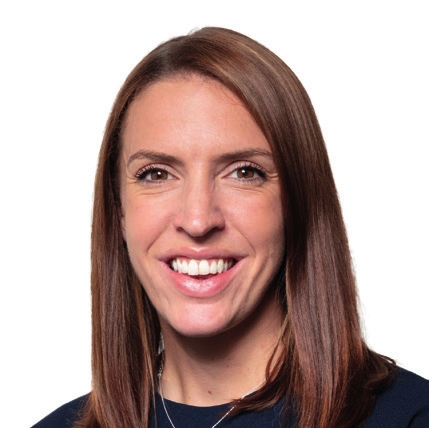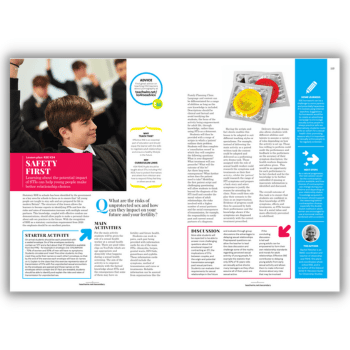Reporting sexual abuse – Why schools can’t afford to delay

If a school receives accusations of child sexual exploitation or sexual assault, any thoughts of the implications for its reputation should be far down the priority list, says Amy Shaffron…

- by Amy Shaffron

Recent news reports have thrown into sharp focus the multitude of sexual assault and rape allegations made by students at various schools and universities and subsequently posted to the Everyone’s Invited website.
In one case, a dossier compiled by current and former pupils of Highgate School claimed that rape culture was even ‘tolerated’ by staff, and that the school’s leadership put its reputation before its pupils’ welfare.
England’s Children’s Commissioner, Dame Rachel de Souza, has since been reported as saying that schools ‘Must involve police’ in any serious allegations of sexual violence or harassment.
That advice couldn’t be any clearer, yet concerns remain that some schools are actively delaying the reporting of such allegations to their local constabulary.
It’s widely suspected that a key reason for these delays is the decision by some schools to prioritise their local standing and national reputations.
The reporting of sexual abuse allegations often leads to incident details entering the public domain – something naturally worrying for school leaderships that want to assure parents that their schools are safe environments for children and teenagers.
If those suspicions are correct, then we could be looking at a situation where children’s safeguarding and wellbeing is at risk of being compromised by the very institutions that should be protecting them.
Sexual abuse crimes and reasonable doubt
Schools that don’t act expeditiously to report allegations to the police will prejudice the rights of both the victim and suspect to a fair and just trial. Delays in reporting inevitably lead to an inability to preserve crucial physical evidence, which could be capable of proving either innocence or guilt, thus leading to injustice.
First accounts from victims, witnesses and suspects that are delayed will become less accurate over time. Opportunities to obtain forensic evidence will be missed, and independent evidence such as CCTV footage may be deleted.
This means the chances of a fair and just investigation by the police will be hindered when – or indeed if – an allegation is eventually reported to them.
Conviction rates in rape and sexual assault cases are very low, in large part due to ‘evidential difficulties’ experienced by prosecutors who have to rely on delayed and patchy investigations conducted at the start of a case.
In September 2020, government-sourced statistics revealed that only 1.5% of reported rape allegations that year led to a suspect being charged or receiving a summons. 56% of cases had failed due to ‘evidential difficulties’, while 32.1% had not yet been assigned to an outcome.
So what of those cases that went to trial? 2019-20 saw the number of rape convictions in England and Wales fall to a record low of 1,439, equating to a conviction rate of 68.5%, according to CPS data.
Given the high percentage of cases already impacted by delays and/or evidential difficulties, combined with the low conviction rates that follow, it’s imperative that educational institutions don’t hinder investigations further by delaying or failing to report matters to the police in a timely fashion.
How should schools respond?
At its simplest, any school faced with allegations of serious criminal activity of any type, not just sexual misconduct, should report it to the police immediately.
The police are trained in evidence gathering, in a way designed to ensure fairness for both victims and suspects and avoid miscarriages of justice. Any school that fails to report allegations may find itself in even hotter water, and its students in an even worse situation later down the line.
For an indication of what that might look like in practice, it’s worth noting the way in which Ofsted sent inspectors to visit all schools cited in student accounts posted to the Everyone’s Invited website, and the stark findings of its recent review of sexual harassment in schools and colleges.
Amy Shaffron is a partner at JMW Solicitors; for more information, visit jmw.co.uk or follow @jmwsolicitors. Browse resources for Sexual Health Week.











